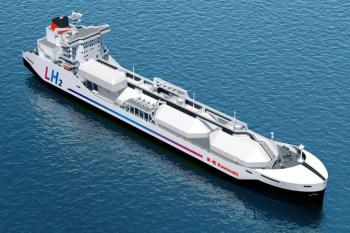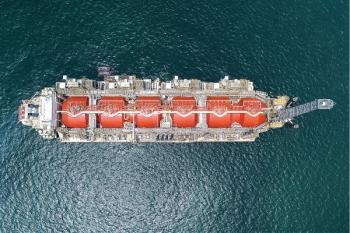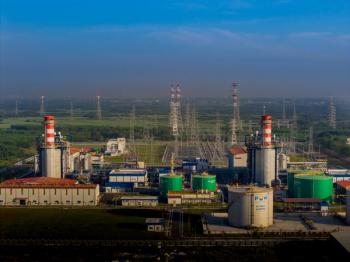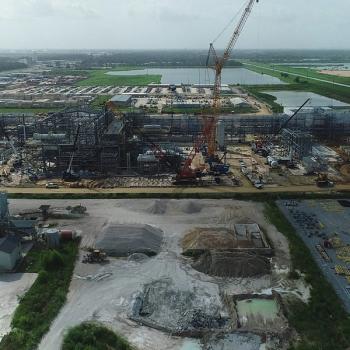
POWERGEN 2024: Keynote Addresses Sustainable Power, Renewables, Carbon Capture
POWERGEN 2024’s keynote presentation addressed how power is impacting not only industry and policy but consumers, including the need for sustainable power during storms, the use of renewables and carbon capture, and the goals set forth by the Biden Administration.
The Ernest N. Morial Convention Center in New Orleans opened its doors today to attendees of the annual POWERGEN International conference. Held Tuesday, Jan. 23 to Thursday, Jan. 25, POWERGEN 2024 brings together power producers, energy users, utilities, OEMs, and more.
The keynote presentation addressed how power is impacting not only industry and policy but consumers, including the need for sustainable power during storms, the use of renewables and carbon capture, and the goals set forth by the Biden Administration.
Deanna Rodriguez, President and CEO, Entergy New Orleans, LLC kicked off the show’s keynote address with welcoming guests to the conference and to New Orleans. She spoke about the city’s resilience but also its vulnerabilities to climate change, noting that within the first week of accepting her current position, the city suffered a tornado and Hurricane Ida. The city was without power for seven days.
Moving forward, Entergy had to submit a resilience plan that centered around keeping power on during a storm and restoring it when it goes out. She gave an example from Florida in which, after a storm, they were able to get maybe 30% of customers’ power back on within 24 hours to, most recently, getting 98% of their customers’ power back within 24 hours.
“It's expensive, and it requires a lot of communication,” she said. “So, we are looking at resilience, reducing our carbon emissions, and affordability.”
Todd Noe, Director of Nuclear Technologies Engineering, Microsoft, said the company “consumes, collaborates, and innovates energy technology.” Noe focused on renewables, such as battery energy storage systems (BESS), small modular reactors (SMRs), and nuclear, as Microsoft seeks to decarbonize the grid for itself and its customers. Noe said Microsoft accelerates advanced nuclear with power purchasing, policy, tech partnerships, and digital tools.
Bradford Crabtree, Assistant Secretary for the Department of Energy’s (DOE) Fossil Energy and Carbon Management, spoke about carbon capture and management and how the DOE is prioritizing this.
“President Biden has set a goal of a 50% reduction in greenhouse gas (GHG) emissions by 2030, zero emissions in the power sector by 2035, and net-zero emissions economy-wide by 2050,” Crabtree said. “The DOE estimates that reaching President Biden’s ambitious plan for a net-zero emissions economy will require capturing and storing between 400 million and 1.8 billion metric tons of CO2 emissions from the U.S. economy annually by 2050.
“We've been making progress toward zero emissions of electricity, thanks in no small part to the dramatic expansion of renewables,” Crabtree continued. “Where we are today here in Louisiana, one of the 15 states in the Southwest Power Pool, it reached a record wind penetration of 88.5% on March 29, 2022. Of course, the annual average penetration is less than half that. Continued expansion of renewables in places like the Southwest Power Pool and managing their reliability at ever greater and sustained levels of penetration will require the development and deployment of a much wider range of tools. This includes longer period duration battery storage, but also firm dispatchable resources such as next-generation nuclear, enhanced geothermal, and carbon capture and storage.”
Newsletter
Power your knowledge with the latest in turbine technology, engineering advances, and energy solutions—subscribe to Turbomachinery International today.




